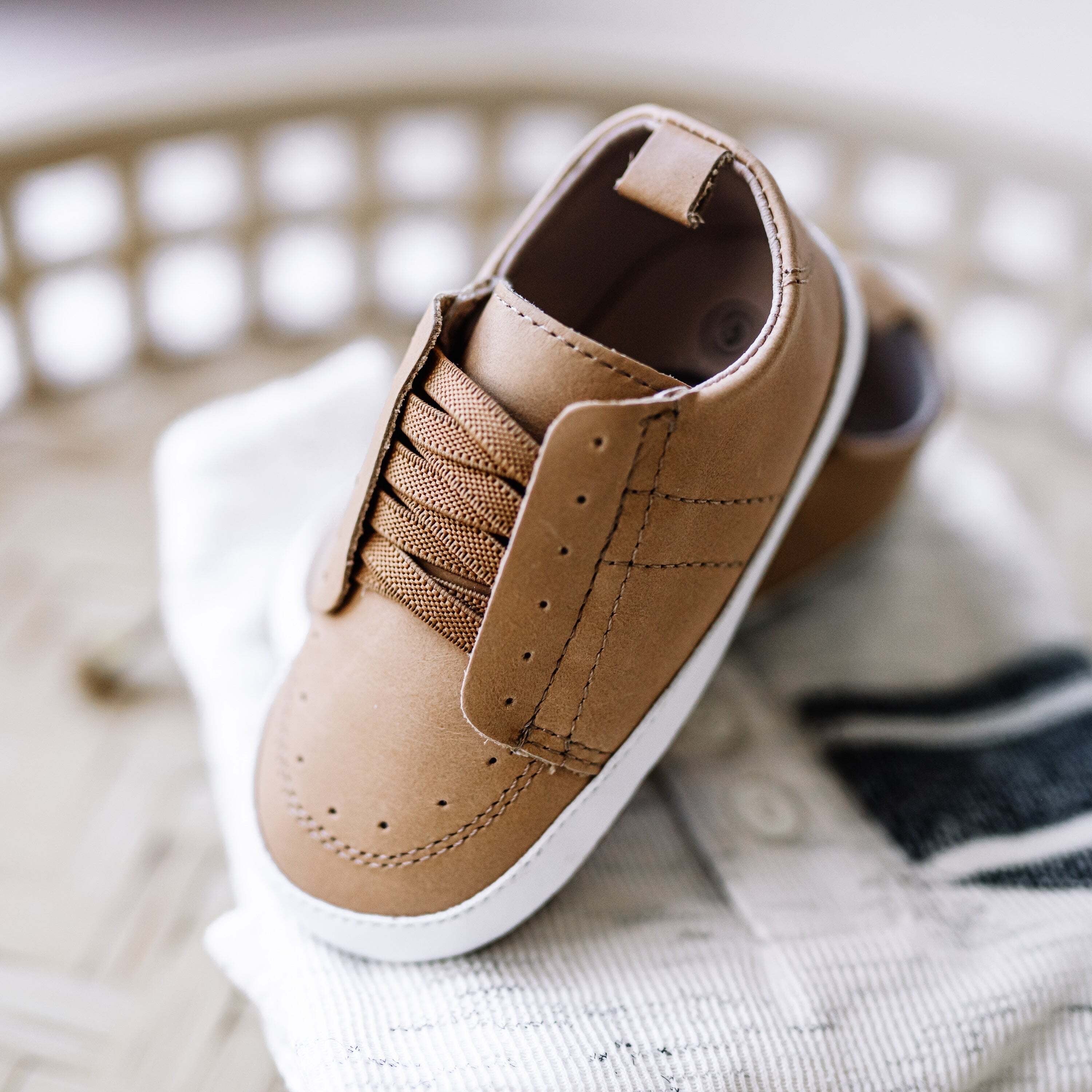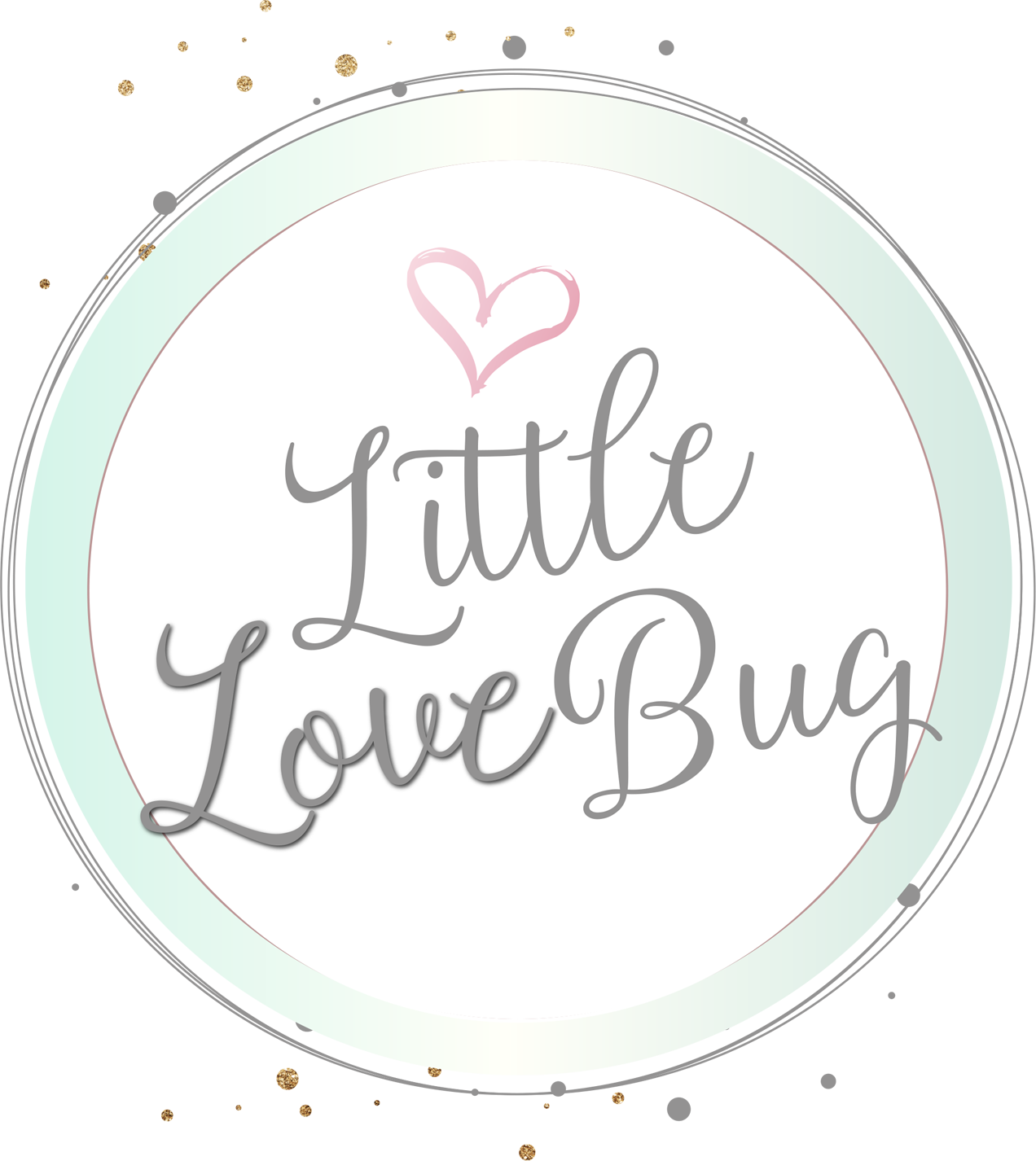How to Prepare Your Child for a New Sibling and How to Deal with Mom Guilt of Having Another Baby
Having another baby can be an exciting time for a family, but it can also bring up a lot of emotions. As a parent, you may feel guilty about the attention you are giving to the new baby and worry about how your existing child will react to a new sibling. Preparing your child for a new sibling and dealing with mom guilt is not an easy process, but there are steps you can take to make the transition easier. In this blog post, we will discuss how to prepare your child for a new sibling and how to deal with mom guilt of having another baby.
Introducing the idea of a new baby
When it comes to preparing your child for the arrival of a new baby, one of the most important steps is introducing the idea to them. Depending on their age and maturity level, this can be a simple conversation or something more involved. Try to think about how your child will process the news, what questions they might have, and how to present the information in a positive way.
In general, it's best to introduce the idea soon after you find out about the pregnancy. Letting your child know that a new baby is coming before they start hearing rumors or begin to suspect something can help them get used to the idea and make it easier to adjust when the time comes.
When talking to your child, focus on the positives of having a new sibling and make sure that they understand that you love them just as much as you will love the new baby. Explain how things will change but also how they will stay the same - you will still love them and care for them just as much as ever. Share stories of your own siblings or friends who have siblings and talk about how fun it can be to have someone to play with.
It's also important to take your child's feelings seriously. They may be confused, scared, or even jealous at first, so it's important to acknowledge those feelings and help them to process them. Answer any questions honestly and try to reassure them that their life will still have plenty of joy and that having a sibling can bring a lot of great experiences.
By introducing the idea early and having open conversations about it, you can make the transition smoother for your child and help them prepare for the changes that will come with a new sibling.
Letting your child help with preparations
Preparing for a new sibling can be an exciting time for both you and your child. As parents, we often try to do as much of the work as possible, but it is important to remember to involve your older child in the process. Allowing them to help with the preparations for the new baby can help make them feel like part of the family and can ease some of the stress that comes with having a new baby.
One way to involve your child in the preparations is to let them help pick out items for the baby’s room. Ask your child to help you decide on paint colors, furniture, decorations, and toys. If you are expecting a surprise gender, you can even ask your child to help pick out gender-neutral items. You can also let them pick out something special for the baby that they can give as a gift when they arrive.
Another way to involve your child is to let them participate in activities that will prepare them for their new role as an older sibling. This could include reading books about what it’s like to have a new sibling, talking about how they can help care for the baby, or allowing them to practice helping you with everyday tasks such as changing diapers and feeding the baby. These activities can help your child feel more prepared for the arrival of their new sibling and give them a sense of responsibility for the new addition to the family.
Involving your child in the preparations for a new sibling can be beneficial for both you and your child. It can help make the transition easier for everyone and create a stronger bond between the siblings from the start.
Dealing with changes in attention and behavior
When a new baby is on the way, it's natural for older siblings to experience some changes in their attention and behavior. As parents, it's important to be aware of these changes and know how to address them.
First, it's important to remember that your child may feel jealous or resentful of the new baby. Even if they seem excited, they may also be feeling a range of emotions that can lead to behavioral outbursts. Make sure to acknowledge their feelings and let them know that it's okay to feel jealous or scared.
It's also important to give your child plenty of one-on-one time and attention before the baby arrives. Take your child on special outings, read extra stories at night, or engage in activities that they enjoy. Showing your child that they are still loved and valued will help ease any worries they may have about not getting enough attention after the baby arrives.
Finally, be prepared to be flexible and understanding with any changes in behavior. Your child may regress in certain areas, such as bed-wetting or clinging to you more than usual. Let them know that these behaviors are normal and you are there to support them.
By understanding how your child may react to a new sibling, you can better prepare them (and yourself) for any changes that may arise. With some extra patience and understanding, you can help make this transition as smooth as possible.
Addressing fears and concerns
When introducing the idea of a new sibling to your child, it is important to take the time to address any fears or concerns they may have. Common fears that children express include worries about not getting enough attention from their parents, feeling jealous of the new baby, or feeling responsible for taking care of them.
It is helpful to let your child know that you understand and acknowledge their feelings, and that you will always be there for them no matter what. It is also important to explain that it’s natural for children to feel jealous sometimes but that it doesn’t mean they are bad. Show them how much love and attention you can give both the baby and them.
Encourage your child to ask questions and help them to process their feelings. Remind them that the new baby is a part of the family and they will get to love, nurture and help take care of the baby too. As your child’s parent, you know them best so use your judgement on how to best comfort them.
Above all, remember that each child is different and that it takes time for them to adjust to changes in the family dynamic. Being open, honest and understanding of their emotions can go a long way in helping them accept a new sibling.
Managing your own emotions
Having a second or third child can be an emotional roller coaster for any parent. With all the logistical and physical preparations for a new baby, it’s easy to forget about taking care of your own emotional wellbeing. It is important to take some time to address any feelings of guilt you might have from having another baby.
You may feel guilty for taking away your child’s time, attention, and resources. It is natural to have these thoughts, but it is also important to recognize that having a sibling can bring immense joy and benefit to your child’s life. Speak with your partner and trusted friends about your emotions. Open communication with those who understand you can provide much-needed reassurance and comfort during this time.
It can also be helpful to practice mindfulness and self-care. Take moments throughout the day to focus on the present moment, being aware of what you are feeling without judgement. Spend time doing things that make you feel fulfilled such as reading, exercising, and spending time outdoors.
It is also essential to take a break from parenting responsibilities when possible. If possible, consider asking a family member or friend for help with babysitting or housework so you can spend quality time away from your children.
Finally, remember that this is a big transition for everyone involved and that it’s ok to feel overwhelmed and confused at times. Be gentle with yourself and give yourself the grace to navigate these changes with patience and understanding.
Having another baby can be an exciting time for a family, but it can also bring up a lot of emotions. As a parent, you may feel guilty about the attention you are giving to the new baby and worry about how your existing child will react to a new sibling. Preparing your child for a new sibling and dealing with mom guilt is not an easy process, but there are steps you can take to make the transition easier. In this blog post, we will discuss how to prepare your child for a new sibling and how to deal with mom guilt of having another baby.
Introducing the idea of a new baby
When it comes to preparing your child for the arrival of a new baby, one of the most important steps is introducing the idea to them. Depending on their age and maturity level, this can be a simple conversation or something more involved. Try to think about how your child will process the news, what questions they might have, and how to present the information in a positive way.
In general, it's best to introduce the idea soon after you find out about the pregnancy. Letting your child know that a new baby is coming before they start hearing rumors or begin to suspect something can help them get used to the idea and make it easier to adjust when the time comes.
When talking to your child, focus on the positives of having a new sibling and make sure that they understand that you love them just as much as you will love the new baby. Explain how things will change but also how they will stay the same - you will still love them and care for them just as much as ever. Share stories of your own siblings or friends who have siblings and talk about how fun it can be to have someone to play with.
It's also important to take your child's feelings seriously. They may be confused, scared, or even jealous at first, so it's important to acknowledge those feelings and help them to process them. Answer any questions honestly and try to reassure them that their life will still have plenty of joy and that having a sibling can bring a lot of great experiences.
By introducing the idea early and having open conversations about it, you can make the transition smoother for your child and help them prepare for the changes that will come with a new sibling.
Letting your child help with preparations
Preparing for a new sibling can be an exciting time for both you and your child. As parents, we often try to do as much of the work as possible, but it is important to remember to involve your older child in the process. Allowing them to help with the preparations for the new baby can help make them feel like part of the family and can ease some of the stress that comes with having a new baby.
One way to involve your child in the preparations is to let them help pick out items for the baby’s room. Ask your child to help you decide on paint colors, furniture, decorations, and toys. If you are expecting a surprise gender, you can even ask your child to help pick out gender-neutral items. You can also let them pick out something special for the baby that they can give as a gift when they arrive.
Another way to involve your child is to let them participate in activities that will prepare them for their new role as an older sibling. This could include reading books about what it’s like to have a new sibling, talking about how they can help care for the baby, or allowing them to practice helping you with everyday tasks such as changing diapers and feeding the baby. These activities can help your child feel more prepared for the arrival of their new sibling and give them a sense of responsibility for the new addition to the family.
Involving your child in the preparations for a new sibling can be beneficial for both you and your child. It can help make the transition easier for everyone and create a stronger bond between the siblings from the start.
Dealing with changes in attention and behavior
When a new baby is on the way, it's natural for older siblings to experience some changes in their attention and behavior. As parents, it's important to be aware of these changes and know how to address them.
First, it's important to remember that your child may feel jealous or resentful of the new baby. Even if they seem excited, they may also be feeling a range of emotions that can lead to behavioral outbursts. Make sure to acknowledge their feelings and let them know that it's okay to feel jealous or scared.
It's also important to give your child plenty of one-on-one time and attention before the baby arrives. Take your child on special outings, read extra stories at night, or engage in activities that they enjoy. Showing your child that they are still loved and valued will help ease any worries they may have about not getting enough attention after the baby arrives.
Finally, be prepared to be flexible and understanding with any changes in behavior. Your child may regress in certain areas, such as bed-wetting or clinging to you more than usual. Let them know that these behaviors are normal and you are there to support them.
By understanding how your child may react to a new sibling, you can better prepare them (and yourself) for any changes that may arise. With some extra patience and understanding, you can help make this transition as smooth as possible.
Addressing fears and concerns
When introducing the idea of a new sibling to your child, it is important to take the time to address any fears or concerns they may have. Common fears that children express include worries about not getting enough attention from their parents, feeling jealous of the new baby, or feeling responsible for taking care of them.
It is helpful to let your child know that you understand and acknowledge their feelings, and that you will always be there for them no matter what. It is also important to explain that it’s natural for children to feel jealous sometimes but that it doesn’t mean they are bad. Show them how much love and attention you can give both the baby and them.
Encourage your child to ask questions and help them to process their feelings. Remind them that the new baby is a part of the family and they will get to love, nurture and help take care of the baby too. As your child’s parent, you know them best so use your judgement on how to best comfort them.
Above all, remember that each child is different and that it takes time for them to adjust to changes in the family dynamic. Being open, honest and understanding of their emotions can go a long way in helping them accept a new sibling.
Managing your own emotions
Having a second or third child can be an emotional roller coaster for any parent. With all the logistical and physical preparations for a new baby, it’s easy to forget about taking care of your own emotional wellbeing. It is important to take some time to address any feelings of guilt you might have from having another baby.
You may feel guilty for taking away your child’s time, attention, and resources. It is natural to have these thoughts, but it is also important to recognize that having a sibling can bring immense joy and benefit to your child’s life. Speak with your partner and trusted friends about your emotions. Open communication with those who understand you can provide much-needed reassurance and comfort during this time.
It can also be helpful to practice mindfulness and self-care. Take moments throughout the day to focus on the present moment, being aware of what you are feeling without judgement. Spend time doing things that make you feel fulfilled such as reading, exercising, and spending time outdoors.
It is also essential to take a break from parenting responsibilities when possible. If possible, consider asking a family member or friend for help with babysitting or housework so you can spend quality time away from your children.
Finally, remember that this is a big transition for everyone involved and that it’s ok to feel overwhelmed and confused at times. Be gentle with yourself and give yourself the grace to navigate these changes with patience and understanding.


